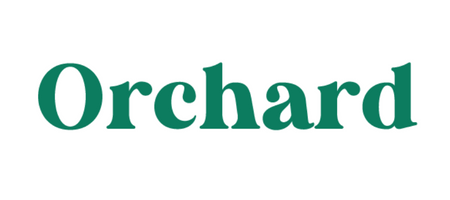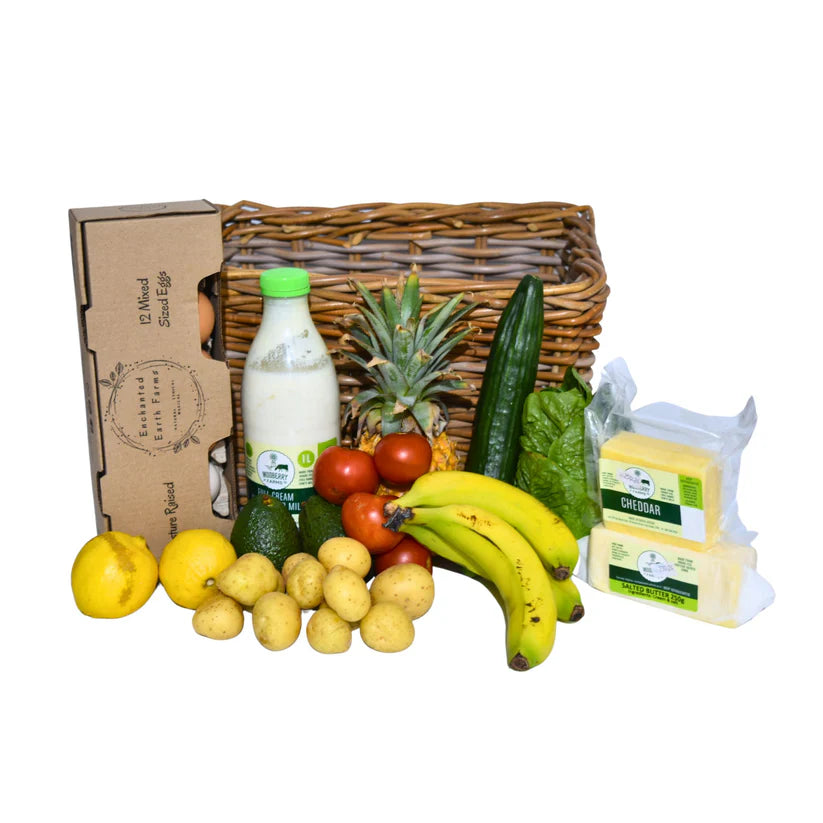Article Summary:
- High-protein foods like legumes, nuts, and seeds are crucial for muscle health and satiety. They provide essential amino acids, fiber, and a range of vitamins and minerals, making them ideal for vegetarians and vegans.
- Animal-based proteins such as lean meats, poultry, and fish offer complete proteins with essential amino acids necessary for muscle repair and overall bodily functions. They are versatile in various dishes and provide key nutrients like iron and B vitamins.
- Plant-based proteins like legumes and nuts also contribute dietary fiber and healthy fats, supporting digestion and heart health. Incorporating both plant-based and animal-based proteins ensures a balanced diet and supports optimal health outcomes.
Introduction to Protein-Rich Natural Foods
Protein-rich natural foods are essential components of a balanced diet, providing the building blocks necessary for muscle repair, growth, and overall cellular function. Unlike processed foods or supplements, natural sources of protein offer a range of additional nutrients and health benefits. Whether derived from plant-based sources like legumes and seeds or animal-based sources such as meat and dairy, these foods contribute to maintaining optimal health and vitality. Understanding the variety and nutritional profiles of protein-rich natural foods can help you make informed choices to support your dietary needs and fitness goals.
Plant-Based Protein Sources
Plant-based protein sources are a cornerstone of vegetarian and vegan diets, providing essential nutrients without relying on animal products. Legumes stand out as nutritional powerhouses, offering not only protein but also fiber, folate, and iron. Lentils, for example, are versatile and can be incorporated into soups, salads, and stews, while chickpeas make delicious hummus and crunchy snacks. Beans, whether black beans, kidney beans, or pinto beans, are staples in many cuisines worldwide, adding protein and texture to dishes.

Shop 500g Pasture Raised Mince at Orchard Food
Nuts and seeds are another valuable source of plant-based protein, along with healthy fats, vitamins, and minerals. Almonds are particularly nutrient-dense, providing a satisfying crunch in salads or as a standalone snack. Chia seeds and flax seeds are rich in omega-3 fatty acids, essential for heart health, and can be added to smoothies or oatmeal for a protein boost. Pumpkin seeds are versatile and can be sprinkled over salads or roasted for a nutritious snack.
Whole grains, such as quinoa and oats, contribute to protein intake while providing complex carbohydrates for sustained energy. Quinoa, known as a complete protein because it contains all nine essential amino acids, serves as a base for grain bowls or as a side dish. Oats, a breakfast favorite, offer soluble fiber and protein, making them a hearty start to the day when paired with nuts or seeds. These plant-based protein sources not only diversify your diet but also support overall health and well-being, offering sustainable alternatives to animal-based proteins.
Animal-Based Protein Sources
Animal-based protein sources are known for their high biological value, providing essential amino acids necessary for various bodily functions. Lean meats such as chicken, turkey, and pork offer rich sources of complete protein, along with essential nutrients like iron and zinc. Fish and seafood are also excellent choices, packed with omega-3 fatty acids crucial for heart health and brain function. Eggs are another versatile source of protein, offering all nine essential amino acids in a convenient package.
Dairy products such as milk, yogurt, and cheese are well-known for their protein content, particularly casein and whey proteins found in milk. These dairy foods also provide calcium and vitamin D, essential for bone health. Greek yogurt, in particular, is popular among fitness enthusiasts for its high protein content and creamy texture, making it a versatile ingredient in both sweet and savory dishes.
For those seeking higher protein options, red meat like beef and lamb provides substantial amounts of protein along with important nutrients such as iron, vitamin B12, and zinc. These proteins are valuable for muscle growth and repair, making them popular choices among athletes and individuals looking to increase protein intake. Incorporating a variety of animal-based protein sources into the diet ensures a balanced intake of essential nutrients, supporting overall health and well-being.
Nutritious Seeds and Nuts High in Protein
Seeds and nuts are excellent plant-based sources of protein, offering a nutrient-dense addition to various diets. Among the most protein-rich options are almonds, which provide about 6 grams of protein per ounce. They also offer healthy fats, fiber, vitamin E, and magnesium, contributing to heart health and overall well-being. Pumpkin seeds are another powerhouse, boasting around 7 grams of protein per ounce along with iron, zinc, and magnesium, which support immune function and energy production.
Flax seeds and chia seeds are tiny but mighty, containing roughly 5 grams of protein per ounce. Beyond protein, they're packed with omega-3 fatty acids, fiber, and antioxidants, promoting heart health, digestive regularity, and inflammation reduction. Sesame seeds are also notable, providing about 6.5 grams of protein per ounce, alongside calcium, iron, and B vitamins crucial for bone health and energy metabolism.
In the realm of nuts, pistachios shine with approximately 6 grams of protein per ounce. They're loaded with fiber, healthy fats, and antioxidants like lutein and zeaxanthin, which benefit eye health. Additionally, walnuts stand out for their omega-3 content, delivering about 4.3 grams of protein per ounce. These omega-3 fatty acids are essential for brain function and reducing inflammation, making walnuts a smart choice for overall cognitive health.
When incorporating seeds and nuts into your diet for protein, it's essential to consider portion sizes due to their calorie density. Despite being nutrient-dense, they can contribute significantly to daily energy intake. Nevertheless, their versatility in culinary applications—from sprinkling over salads to blending into smoothies or using as a crunchy topping for yogurt—makes them easy to integrate into various meals and snacks. This variety not only enhances flavor and texture but also ensures a balanced intake of essential nutrients necessary for overall health and vitality.
Incorporating High-Protein Foods into Your Diet
Incorporating high-protein foods into your diet is essential for maintaining overall health and supporting various bodily functions. Whether you prefer plant-based or animal-based sources, there are numerous delicious and nutritious options to choose from.
One effective way to boost your protein intake is to start your day with a protein-rich breakfast. Eggs are a versatile choice, providing about 6 grams of protein per large egg. They can be scrambled, poached, or boiled and paired with whole grain toast and vegetables for a balanced meal. Greek yogurt is another excellent option, offering around 15 grams of protein per 6-ounce serving. Combine it with fresh fruits, nuts, or seeds for added flavor and nutrients.
For plant-based protein, legumes such as lentils, chickpeas, and black beans are highly versatile and packed with protein and fiber. A cup of cooked lentils, for example, provides about 18 grams of protein. They can be added to soups, salads, or stews for a hearty and satisfying meal. Tofu and tempeh are soy-based options rich in protein, with tofu offering approximately 10 grams per 3-ounce serving and tempeh providing around 16 grams per 3-ounce serving. These can be grilled, stir-fried, or baked with your favorite seasonings and sauces.

Shop Flax Flour at Orchard Food
Incorporating lean meats into your diet is a traditional way to add high-quality protein. Chicken breast, for instance, provides about 25 grams of protein per 3-ounce serving. Opt for grilled, baked, or roasted preparations to minimize added fats and calories. Fish, such as salmon or tuna, is also a fantastic source of protein and heart-healthy omega-3 fatty acids. A 3-ounce serving of salmon offers around 22 grams of protein. Enjoy fish broiled, grilled, or baked for a flavorful and nutritious meal.
When planning meals, consider combining protein-rich foods with whole grains and a variety of colorful vegetables. This approach not only enhances the nutritional profile of your meals but also ensures a balanced intake of essential nutrients. Experiment with different recipes and cooking methods to keep meals interesting and enjoyable. By incorporating high-protein foods into your diet regularly, you can support muscle maintenance, promote satiety, and improve overall health and well-being.
In conclusion, incorporating high-protein foods into your diet offers numerous health benefits, from supporting muscle health and satiety to providing essential nutrients for overall well-being. Whether you choose plant-based options like legumes, tofu, and nuts, or lean animal proteins such as chicken, fish, and eggs, there are plenty of delicious and nutritious choices available. By diversifying your protein sources and pairing them with whole grains and vegetables, you can create balanced meals that contribute to a healthy lifestyle. Remember to explore different recipes and cooking methods to keep your meals varied and enjoyable while reaping the benefits of a protein-rich diet.










